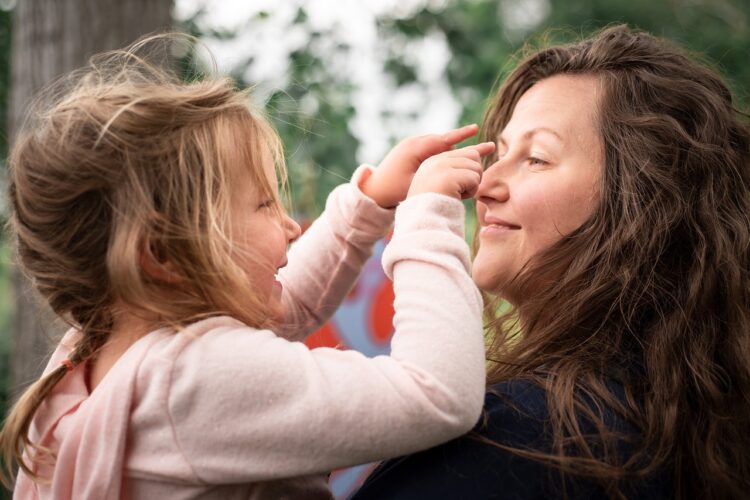
Parenting is a journey filled with doubts, challenges, and moments of self-reflection. Many parents constantly wonder if they’re doing enough or if they’re making mistakes that could harm their child’s development. Here are 15 signs you’re a good parent, even when you feel like you’re failing.
You prioritize your child’s emotional well-being.
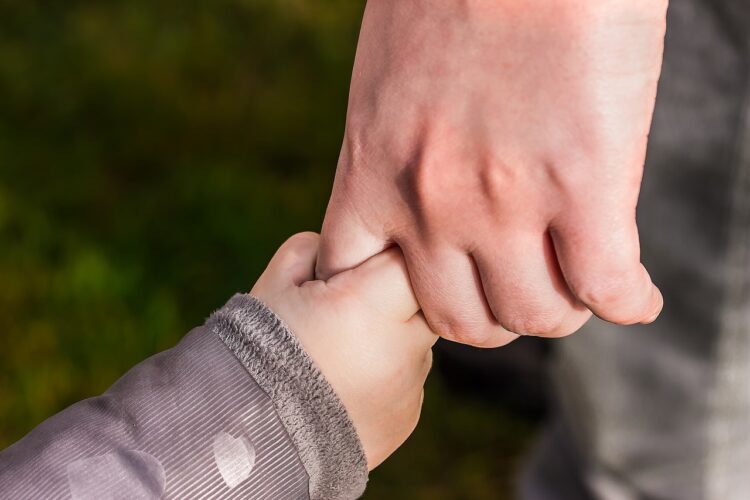
Good parents understand that raising a child isn’t just about physical needs like food and shelter—it’s also about emotional security. You make an effort to listen to your child’s feelings, validate their emotions, and provide comfort when they’re upset. Your child feels safe expressing themselves around you.
You apologize when you make mistakes.
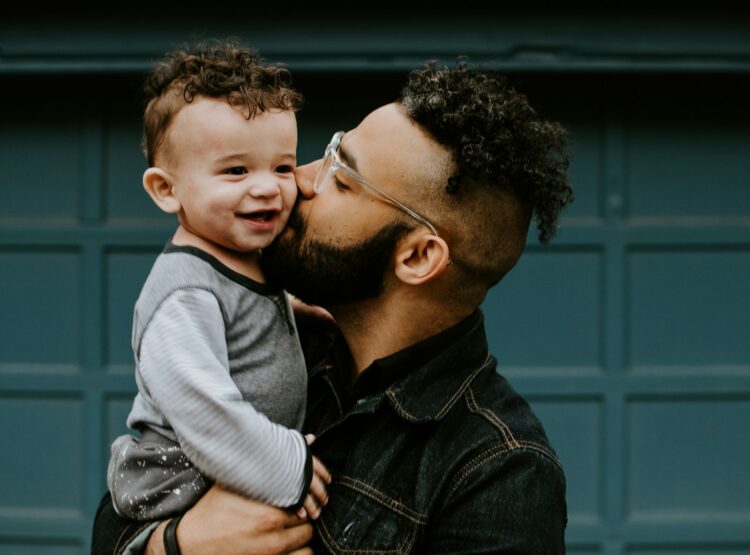
Nobody is a perfect parent, and mistakes are inevitable. But instead of pretending you’re always right, you own up to your errors and apologize when necessary. This teaches your child the importance of accountability and shows them that making mistakes is a normal part of learning and growing.
You set boundaries while still being loving.
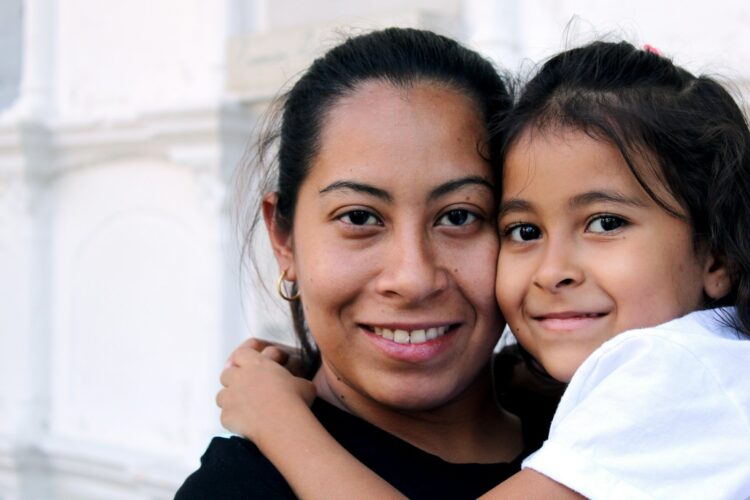
A good parent doesn’t just let their child do whatever they want—they provide clear boundaries and expectations. However, these rules aren’t enforced with harshness or fear but with consistency, love, and understanding. Your child knows what is expected of them but also feels supported in the process.
You make time for your child, even when life is busy.
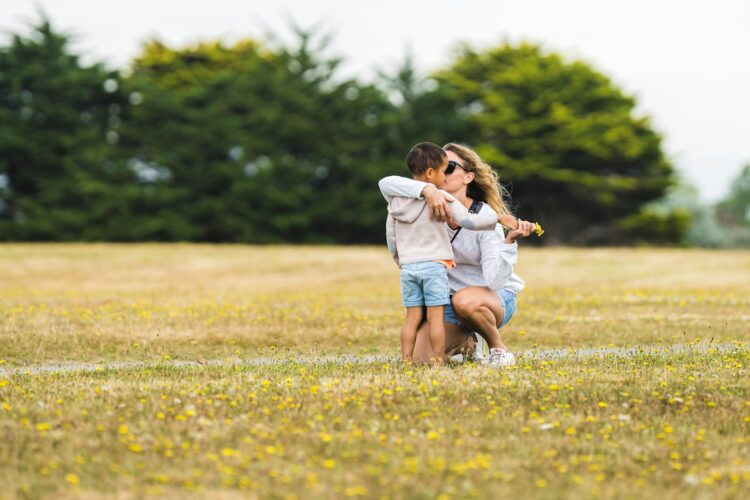
Life is hectic, and responsibilities can pile up, but you still carve out quality time for your child. Whether it’s reading together, playing, or simply having a conversation about their day, you make sure they feel important. It’s not about the quantity of time—it’s about the quality of connection.
You encourage independence and problem-solving.

Good parents don’t just solve every problem for their children—they teach them how to navigate challenges on their own. You allow your child to make choices, face consequences, and learn from their experiences, giving them the confidence and skills they’ll need as they grow into adulthood.
Your child comes to you for advice and comfort.
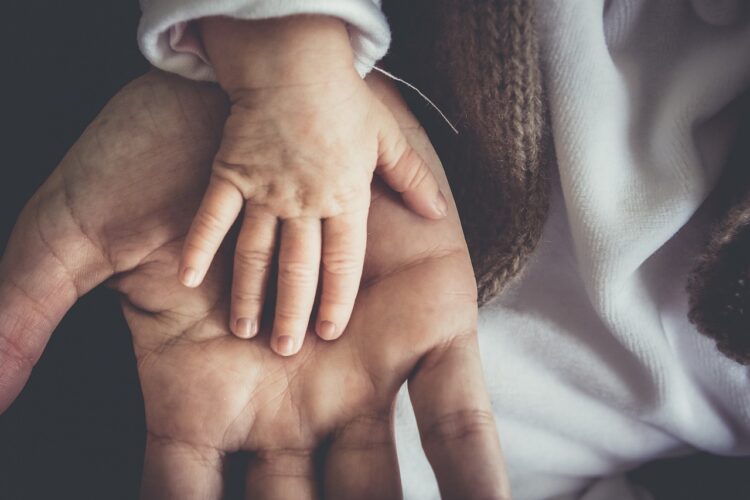
One of the biggest signs of being a good parent is when your child trusts you enough to come to you with their problems, fears, or even mistakes. Instead of being afraid of punishment or judgment, they see you as a safe place where they can seek guidance and support.
You don’t compare your child to others.

Every child develops at their own pace, and you respect their individual strengths and challenges. You don’t pressure them to be like their siblings, classmates, or neighbors. Instead, you celebrate their unique personality, abilities, and progress without unrealistic expectations or unnecessary comparisons.
You teach by example, not just by words.
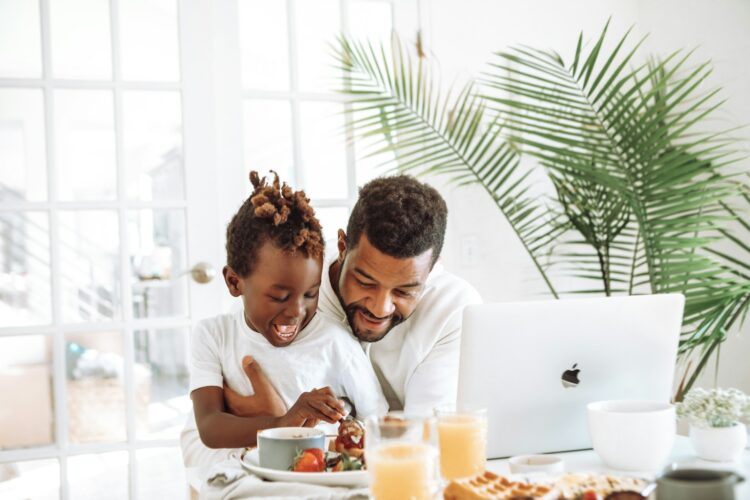
Kids learn more from what they see than from what they’re told. A good parent models the values they want their child to adopt. Whether it’s showing kindness, patience, responsibility, or respect, you understand that your actions speak louder than words and strive to be a positive influence.
You discipline with guidance, not fear.
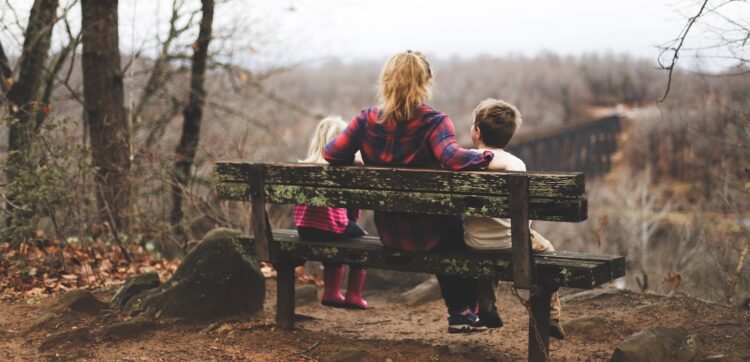
Discipline isn’t about punishment—it’s about teaching. Instead of resorting to harsh punishment, yelling, or threats, you focus on teaching your child right from wrong in a way that helps them learn and grow. You correct behavior while ensuring they still feel loved and respected.
Your child feels comfortable being themselves around you.
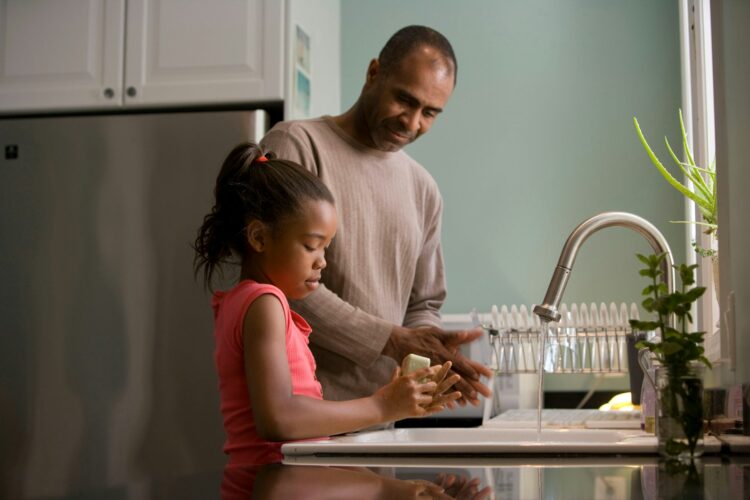
A child should never have to pretend to be someone they’re not just to feel accepted at home. If your child feels safe being goofy, honest, or vulnerable with you, it means you’ve created an environment where they feel loved unconditionally, no matter what.
You allow your child to fail and learn from mistakes.
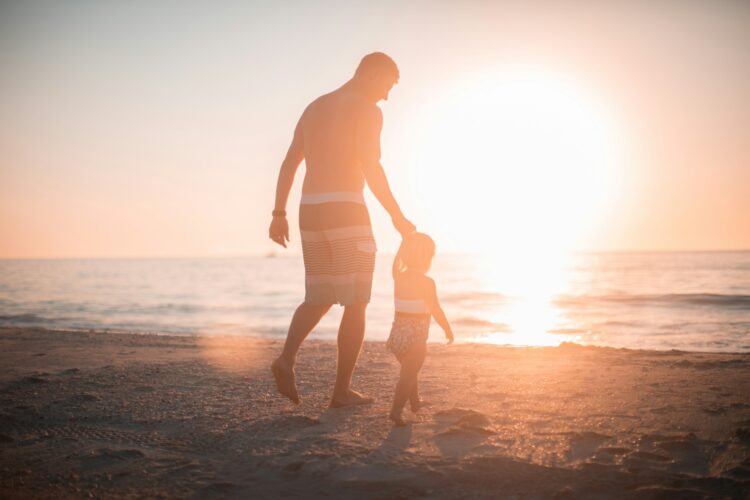
Failure is a natural part of life, and instead of rescuing your child from every challenge, you give them the space to experience failure and grow from it. You offer guidance and encouragement but also let them face the consequences, helping them develop resilience and problem-solving skills.
You encourage your child’s passions, even if they’re different from yours.

Good parents don’t try to mold their child into a mini version of themselves. Instead, they support their child’s unique interests and dreams, even if they don’t personally relate to them. Whether it’s sports, music, science, or something completely unexpected, you encourage them to explore what makes them happy.
You admit when you don’t have all the answers.
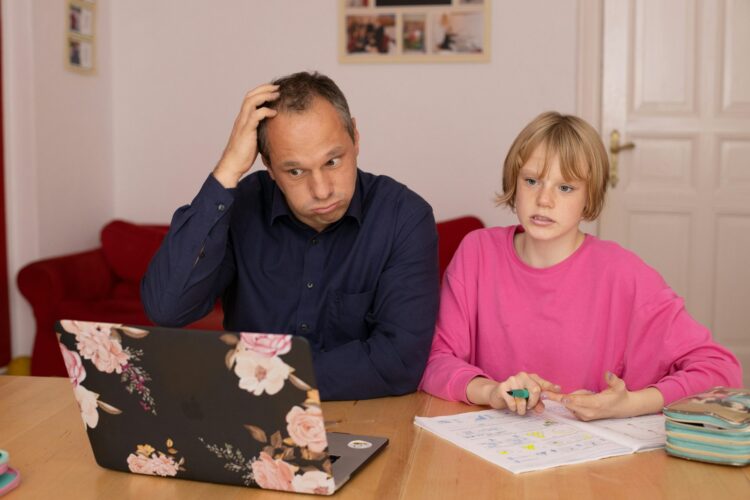
Being a good parent doesn’t mean having all the answers—it means being willing to learn, adapt, and grow. When faced with a situation you’re unsure about, you’re open to learning from experts, other parents, or even your own child, showing that growth never stops, even in adulthood.
You teach your child empathy and kindness.

One of the most valuable lessons a parent can pass down is how to treat others with kindness and respect. You encourage your child to be compassionate, to consider other people’s feelings, and to stand up for what’s right. By encouraging empathy, you help them build meaningful relationships and navigate the world with care.
Your child knows they are loved—no matter what.
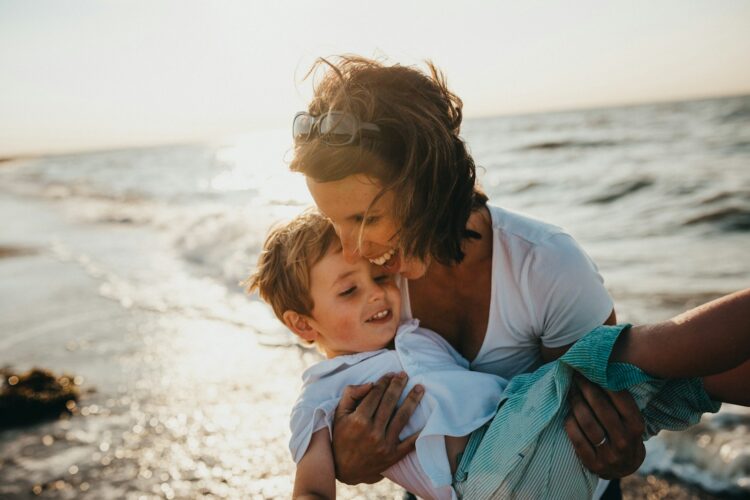
At the end of the day, the most important thing is that your child feels deeply loved. They know that no mistake, failure, or disagreement will ever change the fact that they are valued and cherished. A child who feels secure in their parent’s love grows up with confidence, resilience, and emotional strength.

